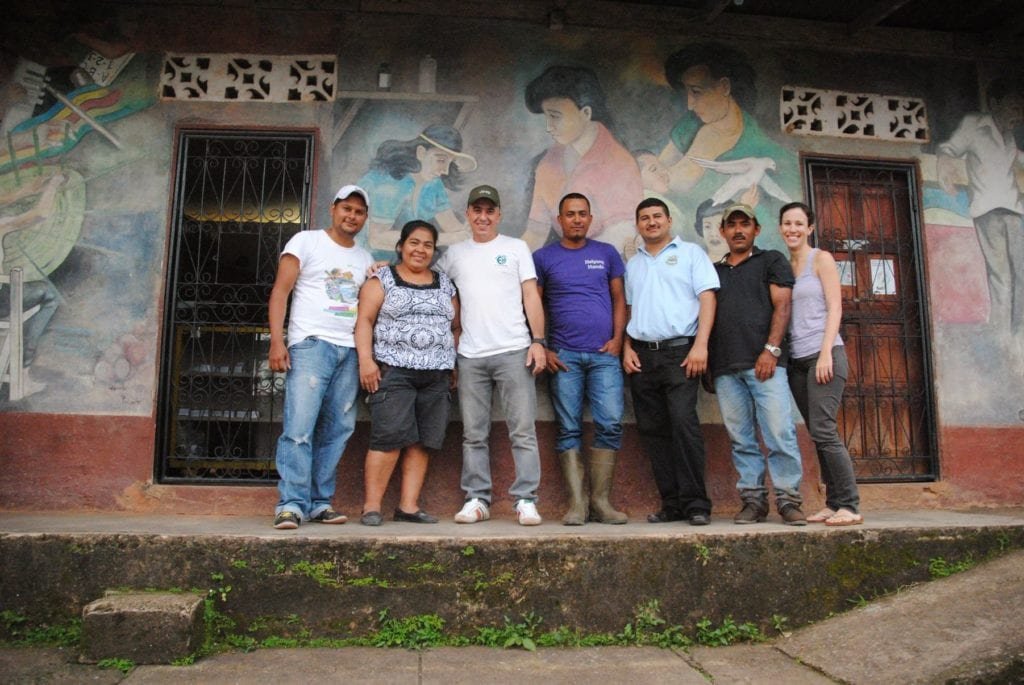
About Us
The Community-Based Global Learning Collaborative is a network of educational institutions and community organizations. The Collaborative advances community-based global learning and research for more just, inclusive, and sustainable communities.
The Collaborative does this through several specific mechanisms:
Interdependence: Global Solidarity and Local Actions – a new, growing, and adapting collection of online learning activities and critical civic tools designed to deepen college-level learners’ understanding of and engagement with ethical interdependence. The resources include tools that support ethical engagement across cultures and power differentials as learners, researchers, and organizers.
The Global Engagement Survey (GES), a multi-institutional study that examines the outcomes of high impact programming, such as engaged learning and study abroad, on local and global civic learning, cultural humility, and critical reflection
Mobilizing and disseminating Fair Trade Learning as a set of principles and practices that promote ethical community-campus partnership
Our ongoing learning opportunities and resources for practitioner-scholars including this website, our blog, and events and gatherings virtually and in-person to exchange ideas and mobilize knowledge.
Current sponsors and partners demonstrate leadership and commitment by investing in this website as a space to accumulate existing research and best practice development at the nexus of global learning, community-university partnership, and sustainable development.
We trace our roots to a series of gatherings that began in 2010 and continue into today in our bi-annual Institutes and Summits. Now in our 15th year — the 10th stewarding the GES — we are undertaking a “revealing of our roots” and reflecting collectively and critically on our network’s role over the next 10-15 years.
Explore our most recent annual report here.
Community-based global learning is a term developed by academics and researchers who are also practitioners, and therefore is defined by a set of seven practical components: a) community-driven learning and/or service, b) development of cultural humility, c) global citizenship, d) continuous and diverse forms of critically reflective practice, e) ongoing attention to power, privilege, and positionality throughout programming and course work, f) deliberate and demonstrable learning, g) safe, transparent, and well-managed programs (Hartman et al., 2018).
Through a network of educational institutions and community organizations, The Collaborative advances community-based global learning and research for more just, inclusive, and sustainable communities.
A network spanning numerous countries and communities, the Collaborative is hosted by Child Family Health International and funded through member contributions.
